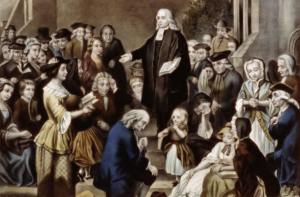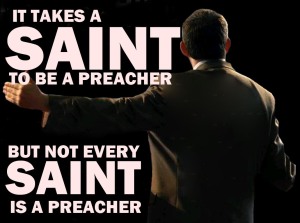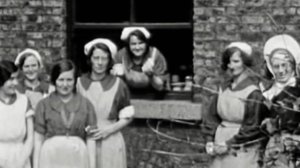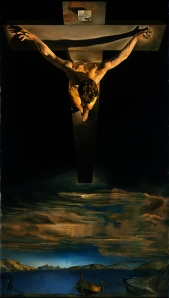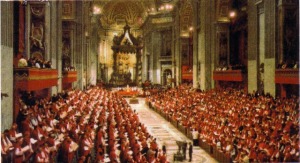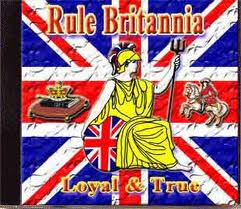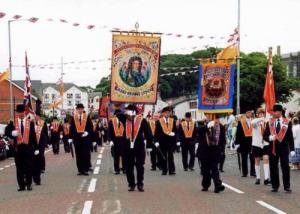Tags
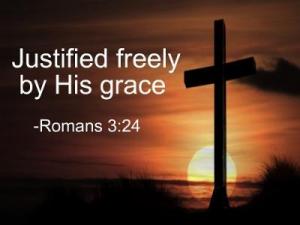 In a recent Bible study group we were discussing the topic of ‘justification’. Some thoughts from that might be of interest to readers here. The texts are mostly from Paul’s Epistle to the Romans.
In a recent Bible study group we were discussing the topic of ‘justification’. Some thoughts from that might be of interest to readers here. The texts are mostly from Paul’s Epistle to the Romans.
We are told (Rom. 2:1-16) that God will judge the world: some will be found guilty, some upheld; the ‘doers of the law’ will be ‘justified’. There are in this not simply echoes of the law court, but its very language. If we look at Romans 4 and Galatians 3 we see that when God finds in our favour we become part of His family.
Jesus is, Paul realised through revelation, the Messiah in whom Israel’s destiny was fulfilled (Rom. 1:3 and following). The Resurrection was the evidence that God had dealt once and for all with sin on the cross (1 Cor. 15:12-19). Christ’s death accomplished ‘what the law could not do’ (Rom 8:3); for those who belong to Christ there will be ‘no condemnation’ ((Rom 8:1, 31-9).
It follows that justification in the present can be based on one thing only – God’s action in the past through Christ, which anticipates future judgement. Justification is not the same as the ‘call’ through which the Holy Spirit changes our hardened hearts and opens our clouded eyes
In Romans 1:16 and the following passages, as in 1 and 2 Thessalonians, Paul tells us that that call, that ‘faith’ in Christ, comes through the hearing of God’s word which works on our hearts to call us to obey the Gospel message. Thus, for Paul, the badges of observance of the Jews, the ‘works of the law’ are not decisive (Phil. 3:2-11). If we believe in Christ and confess Him Lord then we are justified in the present by that faith. That is not the same as believing that we are justified by believing in justification by faith – we are justified by God’s action in Christ’s sacrifice once and for all in expiation of our sins.
To be quite clear. Justification is an act of God, not an act of man. God, and He alone can declare that our sins are forgiven and that we belong to His Family. It is not our faith which justifies us – it is God and God’ actions. The Gospel is the proclamation that Christ is the Messiah who in dying for our sins and rising again has redeemed us all; as John was to put it, He is the ‘propitiation’ for our sins. It is the work done on our hearts by this message, through the Spirit, which calls us out. But our faith in Christ is not justification; justification is God’s declaration that we belong to His Family and that our sins are forgiven. the ‘call’ and justification are not the same thing.
Too easily do we say we are ‘justified’ by our faith. No, God, and God alone makes that legal decision

